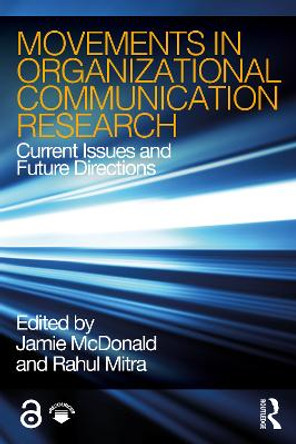Description
Mapping the Research Landscape of Interpreter and Translator Education explores research themes in interpreter and translator education based on a systematic review of more than 20 years of research in the field. The book focuses on the ten research themes on the chain of curriculum development and evaluation, specifically, market needs analysis, content conceptualisation, learning needs analysis, teaching objectives, teaching beliefs, syllabus design, material development, instruction and/or effect, assessment, and course evaluation. It also touches upon the other 14 research themes, for example, trainer education, admissions, learner traits, thesis and research training, pre-service preparation, certification, in-service training, client education, and translation and interpreting as a means to education. The discussion of each theme is accompanied by a synthesis of its sub-themes, typical research cases, research prospects, and suggested reading. As a guide, it supports teachers by illustrating how to combine teaching and research in university settings and offers ways to integrate research into pedagogy.
This book is a go-to reference for trainers and a hands-on guide for academics, researchers, and postgraduate students specialising in translation and interpreting curriculum development and pedagogy research.
About the Author
Xiangdong Li is Professor of Translation Studies at Xi'an International Studies University, China. His research interests include translation and interpreting curriculum design and assessment and academic translation. He has published widely in top academic journals.
Book Information
ISBN 9781032782492
Author Xiangdong Li
Format Hardback
Page Count 322
Imprint Routledge
Publisher Taylor & Francis Ltd






